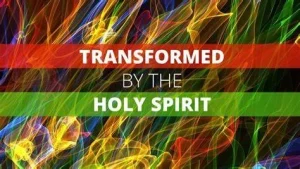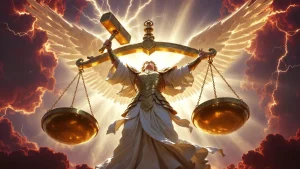My Walk with God (All Blogs Chronologically)

When two roads diverge – take the road less traveled. Matthew 7:13-14
Select from a Category on the Left or Scroll and Read

God Put Me in Hell
God is definitely working through us if we ask Him! He put me in my own, personal hell, to show me that evil is getting ready to be revealed! I should start out by saying that, in the days before this event, I prayed for God to give me discernment,

The Revealer
All of it was happening beneath the surface — the wind, the earthquake, the fire, the whisper — weaving together a story I didn’t yet know I was living… before I ever wrote anything down… before I understood patterns… before I knew God was preparing me for anything at all…

Ask and You Shall Receive
What gifts does God delight in giving His children?

Already But Not Yet
It is not a sudden leap into sinless perfection but a lifelong pilgrimage, where the Holy Spirit labors tirelessly to conform us to the image of Christ. The Spirit empowers us to resist the temptations that once held us captive, producing in us the fruit of righteousness: “But the fruit of the Spirit is love, joy, peace, longsuffering, gentleness, goodness, faith, Meekness, temperance: against such there is no law” (Galatians 5:22-23).

The Faithful and Wise Servant
The faithful servant does not simply avoid sin. He feeds others. He gives “meat”—the deeper truths of God’s Word—at the exact time they are needed. This is …

Judge Not, That Ye Be Not Judged
Jesus said, Judge not, but he also said, Judge righteous judgment. Which one are we to follow?